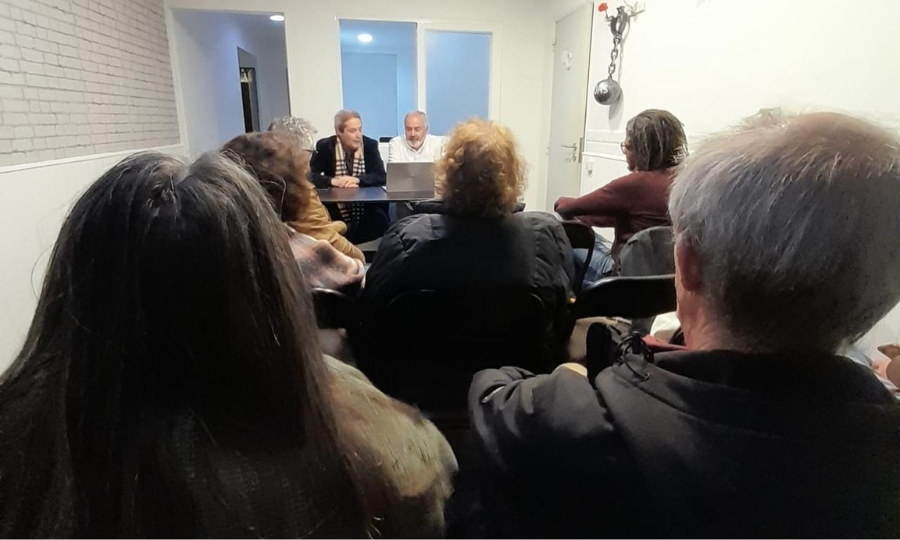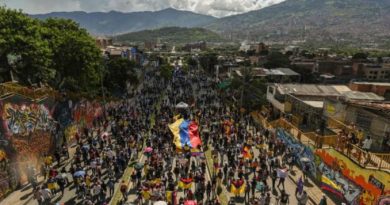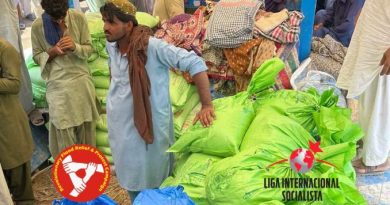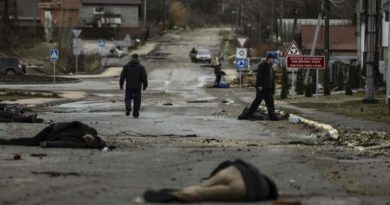The LIS in Portugal
Of the 20 al 23 February a delegation from the LIS, composed by Ruben Tzanoff and Alejandro Bodart was in Lisbon invited by the Socialist Alternative Movement (BUT), Trotskyist organization with a long history in the country with which we have begun a process of knowledge and rapprochement.
By H.T..
In several meetings with the MAS leaders we analyzed the international situation and the regrouping project that the LIS has been carrying out., the panorama of the class struggle in Portugal and the new situation that opened with the emergence of S.T.O.P., the teaching union that kicked the board and is driving qualitative changes in the country's union organizations. Thursday 22 We held a face-to-face and virtual talk with the militancy at its central location, where we were able to delve deeper into the LIS proposals and respond to many concerns about what is happening in Argentina, that colleagues continue with great interest in what Milei's promotion means, the resistance that has unleashed, the presence of the FITU and the MST.

The agreements on the need to regroup the revolutionaries and how the LIS is facing this challenge were very profound.. To continue advancing in the relationship and learn more about the development of S.T.O.P., that colleagues have helped develop, We have planned a new visit to Lisbon next 2 of March, date on which a person is called“Ruined by the public school”.

The trip to Lisbon also allowed us to meet again with António Louçã[1], friend of many battles, public media union leader, journalist and important historian, with who, in addition to sharing a pleasant moment, we began to exchange ideas to commemorate the 50th anniversary of the Carnation Revolution, that is fulfilled 25 April of this year and needs to be remembered from a socialist and revolutionary perspective.
In summary, a successful journey that opens the possibility of a new confluence, in order to take steps to solve the most pressing problem facing the working class: build an international revolutionary tool, rooted in as many countries as possible to face the challenges posed by the complex global situation.




